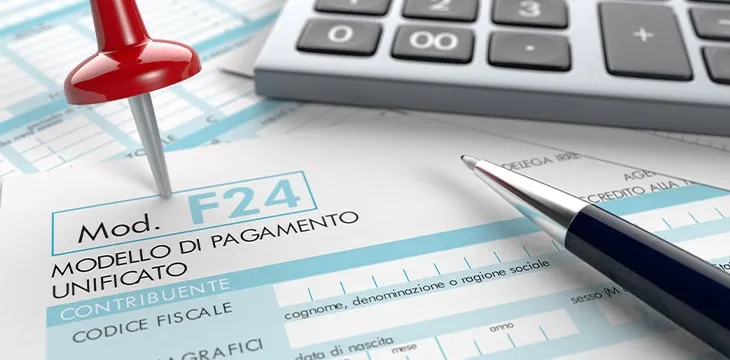|
Getting your Trinity Audio player ready...
|
The Italian government passed its expansionary 2023 budget on December 29, which includes a 26% capital-gains tax on digital asset traders.
Prime Minister Giorgia Meloni’s first budget was given the seal of approval by the Senate just before the turn of the new year in a 109 to 76 confidence vote—a method often used by Italian governments to curtail debates and push through legislation. If a vote is lost, the government must resign, but with Meloni’s comfortable majority, this was not a risk.
The budget is an attempt by Italy’s new government to get to grips with the energy crisis affecting most of Europe in the wake of the coronavirus pandemic and Russia’s illegal invasion of Ukraine. It allocates more than €21 billion ($22.3 billion) in tax breaks and bonuses to help firms and households cope with the crisis, according to a Reuters report.
Up to now, digital assets have been absent from any formalized governing framework in Italy. As such, authorities have defaulted to applying the taxation and reporting rules governing foreign currencies.
The 2023 budget attempts to address this by defining digital assets as “a digital representation of value or rights, which can be transferred and stored electronically, using the technology of distributed ledger or similar technology.”
This new definition allows for a shift of focus to the size of the gains rather than the size of the portfolio and means the 26% tax rate can be applied to gains from digital asset trading if they exceed €2,000 ($2,136) per tax period.
To incentivize the declaring of profits, digital asset taxpayers can receive a lower 14% rate if they report the value of their assets as of January 1, 2023, to authorities instead of the cost at the time of purchase—with the post-FTX slump in digital asset values this will likely be a welcome caveat to the new rules.
The move by Prime Minister Meloni to introduce a capital-gains tax on digital assets pre-empts the implementation of the European Union’s Markets in Crypto Assets (MiCA) regulation, which will provide clearer operating requirements and a single licensing regime across all member states by 2024.
Watch: The BSV Global Blockchain Convention presentation, BSV On-chain Ecosystem Development in Europe

 07-04-2025
07-04-2025 





